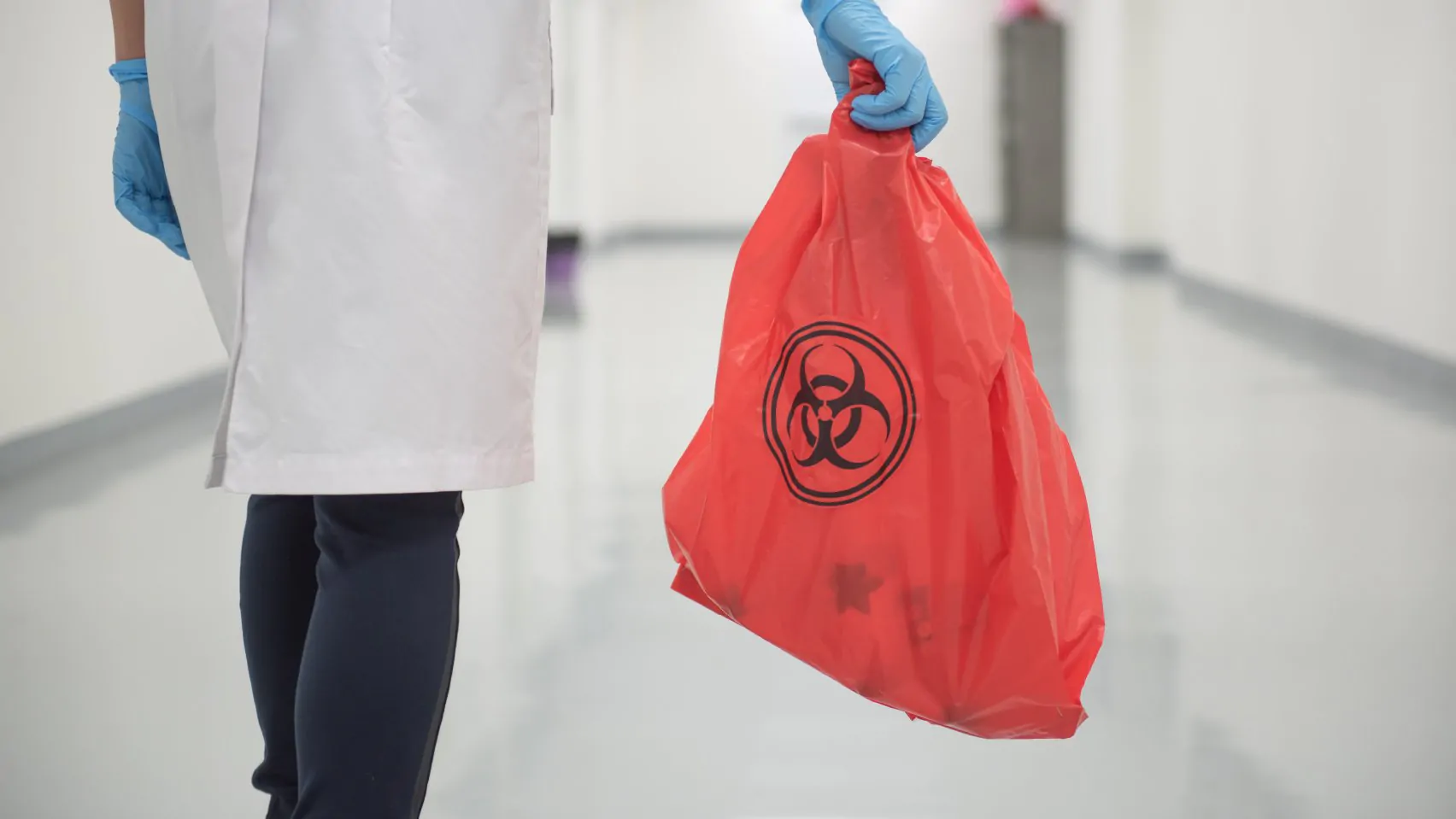Medical waste management in Texas can very quickly become a confusing endeavour, as there are few state and local regulations. In fact, some cities, like Houston, do not have medical waste disposal requirements at all. San Antonio, Texas is similar in this regard; the city does not provide its own services for the disposal of medical waste for healthcare practices.
While there are not any local medical waste disposal San Antonio, TX requirements, there are still some federal and state guidelines, as well as other regulatory agencies to aid in medical waste management. To keep this process as concise as possible, below we’ve compiled the various, relevant medical waste management guidelines for your healthcare facility.
What Is Considered Regulated Medical Waste?
Texas Administrative Code Title 30’s definition of medical waste includes, “treated and untreated special waste from health care-related facilities composed of animal waste, bulk blood, bulk human blood, bulk human body fluids, microbiological waste, pathological waste, and sharps.” The term, “bulk,” here refers to a containerized aggregate volume of 100 mL (3.38 oz) or more.
At the state level, the Texas Commission on Environmental Quality (TCEQ) regulates the disposal of medical waste, though other agencies and their rules can also get involved, depending on the scenario. For example:
- The Department of Transportation (DOT) gets involved when medical waste management involves pick-up services.
- The Drug Enforcement Agency (DEA) covers controlled pharmaceutical waste.
- Only from regulated medical waste (RMW) generators; private citizens have a different set of rules for disposing of pharmaceutical waste.
- The United States Postal Service (USPS) is involved in situations that include mail-back.
What Are the Different Types Of Regulated Medical Waste?
We’ve previously covered color-coding systems for medical waste disposal, which was based largely on the World Health Organization’s (WHO) classification system. Per the WHO’s recommendation, the different categories of medical waste include Infectious/biohazardous waste, sharps waste, pathological waste, chemical and pharmaceutical waste, radioactive waste, and general non-hazardous waste.
In addition to these recommended categories, the WHO also provides recommended storage protocols for each one. Each country has its own system, and even then there can still be deviations from site to site. The WHO’s recommended regulated medical waste scheme can provide a baseline for healthcare practices:
- Both infectious waste and pathological waste belong in leak-proof bags which then go into yellow containers marked with the biohazardous waste symbol.
- Sharps waste also goes in a puncture-proof yellow container with the biohazard symbol, this time marked “SHARPS.”
- Chemical and pharmaceutical waste should go in a brown plastic bag or container with the appropriate hazard symbol.
- Radioactive waste only ever goes in an appropriately labeled lead box.
- General non-hazardous waste needs to go into either a plastic bag that is then placed inside another container, or straight into a container that is disinfected after each use.
- The WHO recommends the container be black, however any color container that is not already used for another type of waste is fine as well.
Does OSHA Handle Medical Waste Management?
Being another federal agency, the Occupational Safety and Health Administration (OSHA) is commonly looked at as a reputable source of information for the disposal of medical waste, but this is not fully the case: OSHA does have its own rules and regulations for storing waste, but not disposing of it.
OSHA’s website states that regulated medical waste, other than sharps waste, must be placed in closable, leak-proof containers that are also color-coded and/or labeled. These guidelines are not much more in-depth than what the WHO suggests, so simply following their suggestions would be sufficient in San Antonio, Texas.
Disposal of Medical Waste in San Antonio, Texas
While San Antonio, Texas offers some pharmaceutical waste options for residents, as well as guides for sharps disposal, it does not offer anything more than that for regulated medical waste generators. To address this, the state instead suggests RMW generators turn to professional services like MedCycle.


